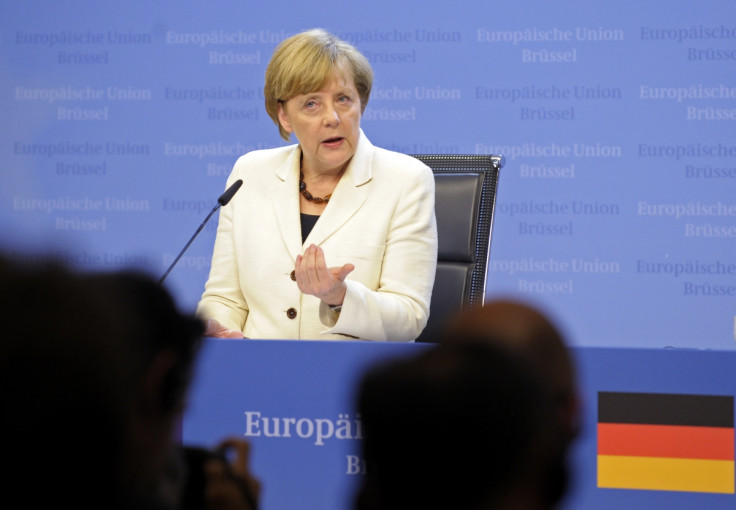Russia Escapes Further EU Sanctions After Backing Ukraine Election

Russia will escape immediate further sanctioning by the European Union after Moscow expressed willingness to negotiate with Ukraine's new government.
However, for the US, additional sanctions are still an option, according to a US State Department spokesperson.
Francois Hollande, the French president, told a press conference after the EU summit in Brussels: "The possibility of de-escalation is here, finally. But we still need this strict reminder.''
His sentiment was reinforced by the Polish prime minister Donald Tusk, who also warned that the sanctions will return to the agenda should the situation deteriorate.
He said: "No one will opt to impose new sanctions right away but we should unanimously say that Europe is ready for further sanctions if Russia doesn't give up its policy to support separatists."
Petro Poroshenko, the billionaire chocolate magnate, won 25 May's presidential elections, in a vote that saw a turnout of 60%, despite around 20% of the electorate living in areas which have been disengaged from Ukrainian politics.
In the wake of the elections, Russian leader Vladimir Putin told reporters: "We will, by all means, respect the choice of the Ukrainian people and will co-operate with the authorities that come to power as a result of the election."
The statement has been greeted as a sign that the crisis may be resolved – or at least that the Kremlin recognises the legitimacy of the election in Ukraine.
However, Jen Psaki, the US State Department spokesperson, said at a press briefing that the department was considering extending sanctions against Russia.
"We've long believed and stated that there is a connection between Russia and these militants. We'll continue to evaluate what specific role they played. That's an ongoing discussion in the administration now," she said.
© Copyright IBTimes 2025. All rights reserved.






















